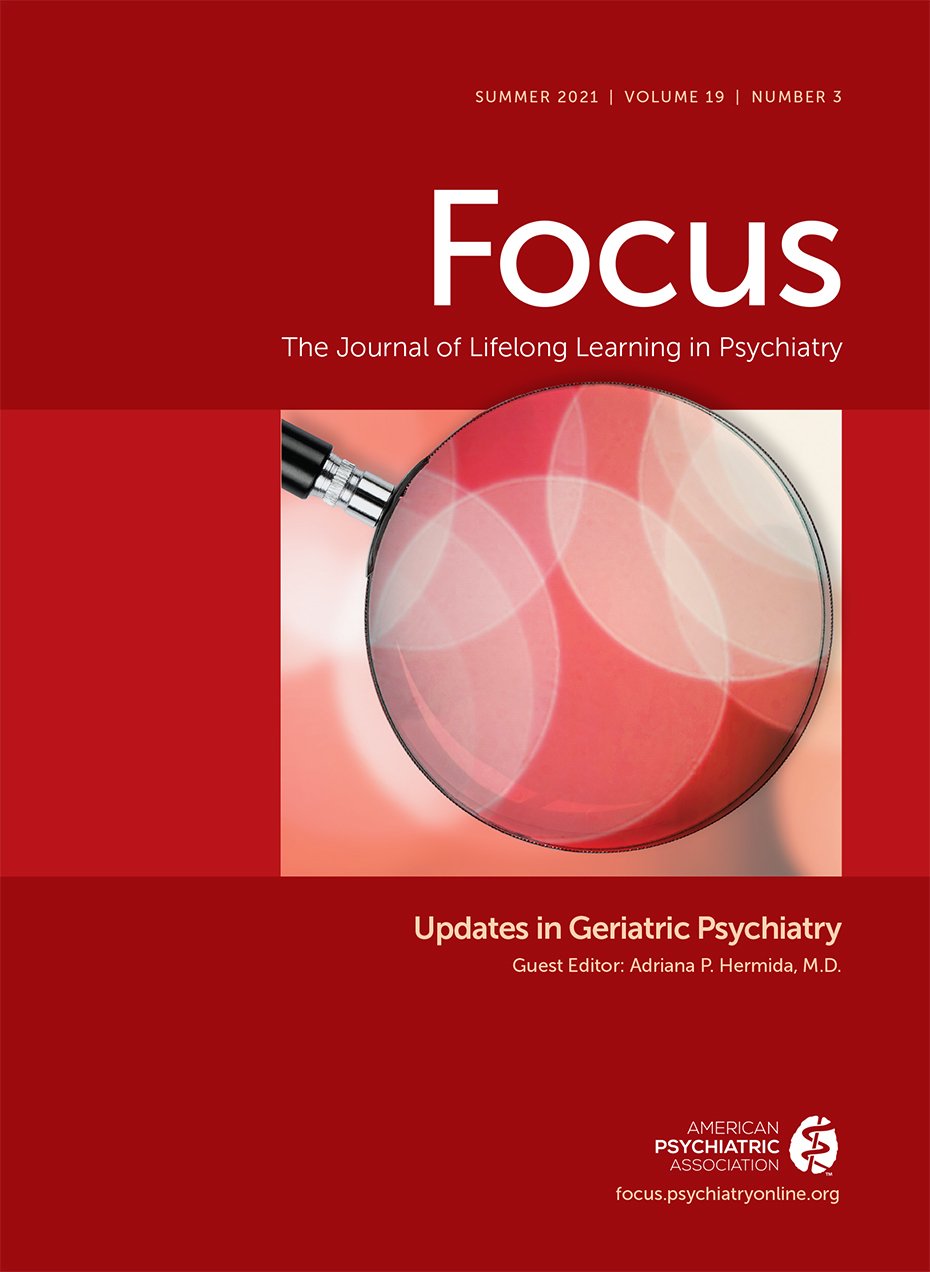Physical Exercise for Late-Life Major Depression
Abstract
Background:
Interventions including physical exercise may help improve the outcomes of late-life major depression, but few studies are available.
Aims:
To investigate whether augmenting sertraline therapy with physical exercise leads to better outcomes of late-life major depression.
Method:
Primary care patients (>65 years) with major depression were randomised to 24 weeks of higher-intensity, progressive aerobic exercise plus sertraline (S+PAE), lower-intensity, non-progressive exercise plus sertraline (S+NPE) and sertraline alone. The primary outcome was remission (a score of ⩽10 on the Hamilton Rating Scale for Depression).
Results:
A total of 121 patients were included. At study end, 45% of participants in the sertraline group, 73% of those in the S+NPE group and 81% of those in the S+PAE group achieved remission (P = 0.001). A shorter time to remission was observed in the S+PAE group than in the sertraline-only group.
Conclusions:
Physical exercise may be a safe and effective augmentation to antidepressant therapy in late-life major depression.
Declaration of interest:
None.
(Reprinted with permission from Br J Psychiatry 2005; 207: 235–242)



